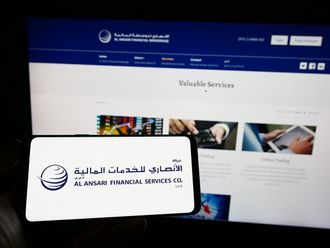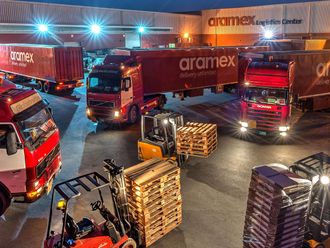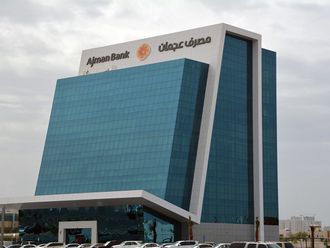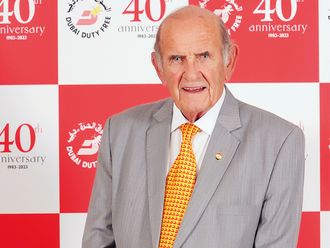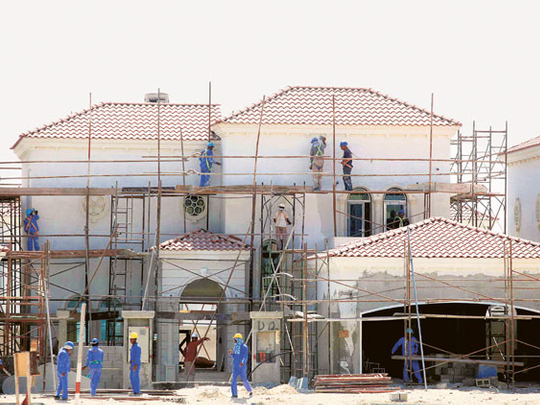
Dubai: Economic experts have proposed taxing companies that bring unskilled labourers into the country during a two-day seminar which concluded on Thursday.
Dr Abdul Razak Al Faris, chief economist and CEO of Research at the Dubai Economic Council, said a report by the Council yesterday said additional and adequate skilled human resources would increase productivity.
The report recommended putting a tax on companies seeking to bring in unskilled labourers to limit their number.
Al Faris said: "The huge number of unskilled workers in Dubai has affected productivity over several decades."
Measured by the output of the working age population, labour productivity was flat for a long period of time after a substantial decline in the early 1980s with a short growth period associated with the pre-crisis boom from 2005-2008, he said.
"This is probably because of the abundant supply of cheap, foreign labour which has flooded into Dubai over the past five decades, increasing its resident population from about 100,000 people to more than one million," he added.
Al Faris said that at the macroeconomic level, Dubai's growth model factors in the accumulation of capital and unskilled migrant labour.
"While this model has served the economy well in terms of overall growth, it has also been associated with lower labour and total productivity."
This feature of the Dubai economy is what sets it apart from other cities such as Hong Kong and Singapore.
It is well known that Dubai and the UAE need to move into a new and more knowledge-based development model, the main elements of which were already indicated in the Dubai's 2015 Strategic Plan.
Negative impact
Al Faris said the unskilled labour force was very costly and imposed a security and social burden on the country in general.
He clarified that although increasing the relative cost of labour and promoting competition in the product market would benefit Dubai in the long term, such policies could have a negative impact on the competitiveness of some sectors during the transitional period.
Hani Al Hameli, Secretary General of the Dubai Economic Council, said: "The move towards more flexible and modern labour markets would require formally ratifying into law the recent labour regulations adopted by the UAE Ministry of Labour in January 2011 to ensure their robust and effective implementation.
"This would require a complementary information campaign to create the required awareness and understanding among economic agents."
Dubai is open to migration which has benefited tens of thousands of low skilled workers from less developed countries. "The labour system should be restructured in order to raise labour productivity," Al Hameli added.


